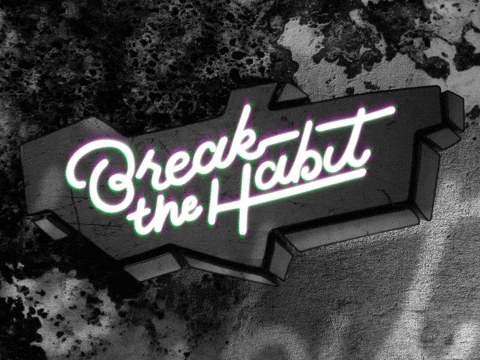If you have crooked teeth, you know the struggle. Crooked teeth can affect your ability to chew food properly, impact your speech, and make it harder to keep your teeth clean which can lead to a higher risk of gum disease and tooth decay. Misaligned teeth can also increase wear and tear on your teeth, jaw muscles and gums, causing you to experience headaches, jaw strain and cracked teeth.
You may feel so self-conscious about your crooked or misaligned teeth that you refuse to smile with your teeth or laugh out loud without covering your mouth, all the while struggling with low self-esteem and confidence in your appearance.
Did you contribute to your misaligned teeth, or were you just born this way? Here are 5 possible causes.
Malocclusion
Malocclusion refers to a misalignment of your jaw when your upper molars don’t sit directly on top of your lower teeth. It affects one in five people and is reportedly the most common reason for orthodontic referral.
If your upper teeth extend further over your lower teeth, it’s an overbite. While an underbite is when your lower teeth extend further than your upper teeth.
Jaw size
The human jaw size has become smaller over time as the food we eat requires a lot less chewing than the food our ancestors ate. Smaller jaws mean that our teeth don’t have enough room to grow fully, resulting in crooked and misaligned teeth.
Prolonged habits
If you had a prolonged habit of sucking your thumb or using a pacifier beyond 3 years old when you were a child, the repetitive motions may have affected the muscles of your mouth and face, contributing to crooked teeth.
The motion of mouth breathing and tongue thrusting can also similarly affect the face and mouth muscles by pushing out your teeth and cause your teeth to be misaligned.
Injury
External trauma and injury to the mouth or jaw can cause your teeth to fall out or knock them out of their positions, resulting in crooked teeth. Even injuries sustained to your baby teeth that cause it to fall out earlier can cause your permanent teeth to grow in a slanted direction instead of a straight direction.
Poor dental hygiene
Gum disease, tooth decay and cavities as a result of poor dental hygiene can lead to dental problems and misaligned teeth. It gets worse if you don’t get regular checkups from a dentist as these dental issues may go untreated for years.
Correcting misaligned teeth
Teeth can still shift in adulthood and even after orthodontic treatment! Invisible braces and other orthodontic treatments can apply pressure to your teeth to gradually move them into straighter positions while correcting your bite.
Fortunately, invisible braces are now much more affordable than before and don’t give you a brace-face.
Correcting your crooked teeth can improve your dental hygiene, allow you to chew properly, improve your speech and give you a lifetime of confidence so you can laugh out loud.

Correct Your Misaligned Teeth
Your brightest, most confident smile is waiting for you.





